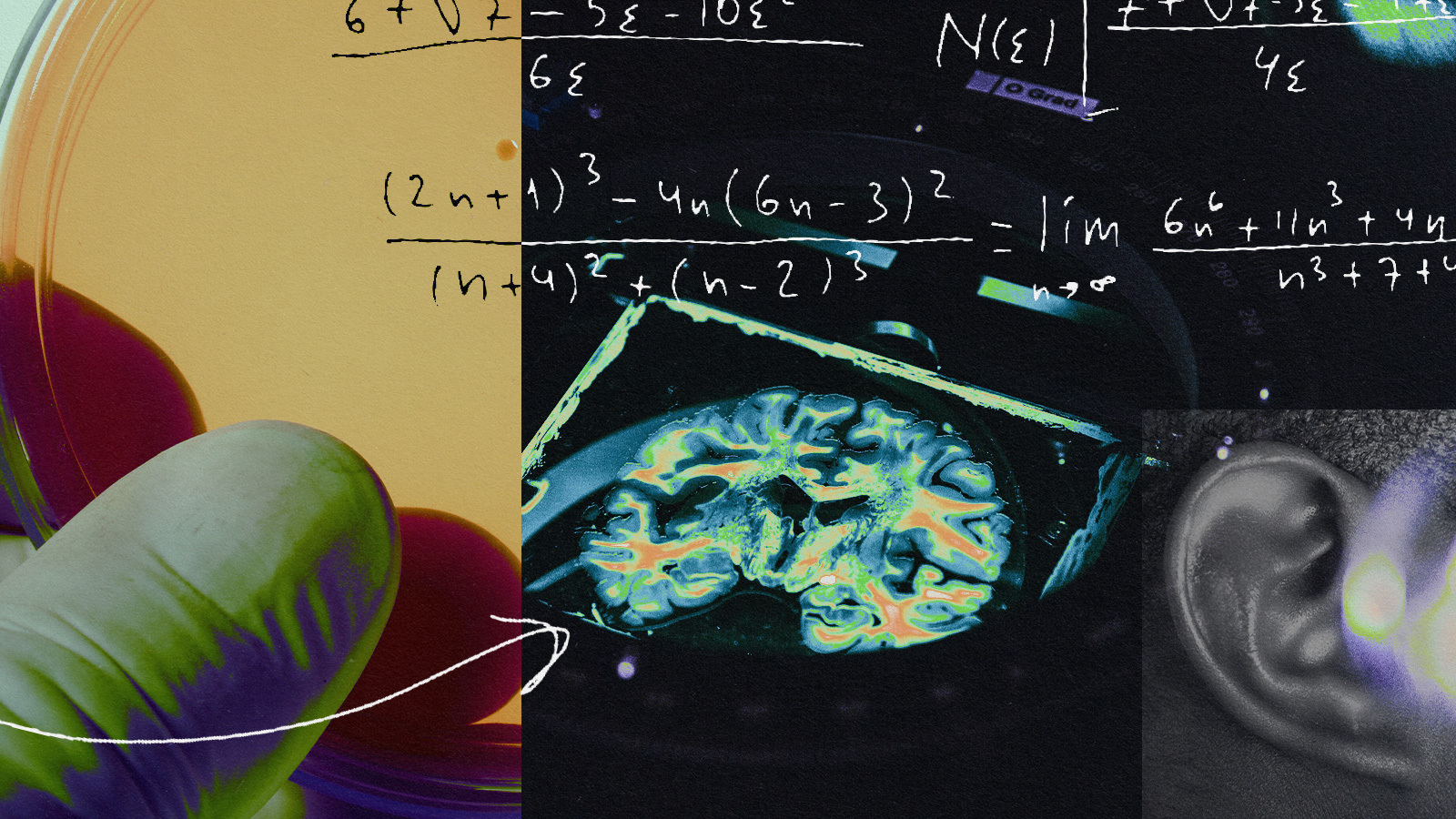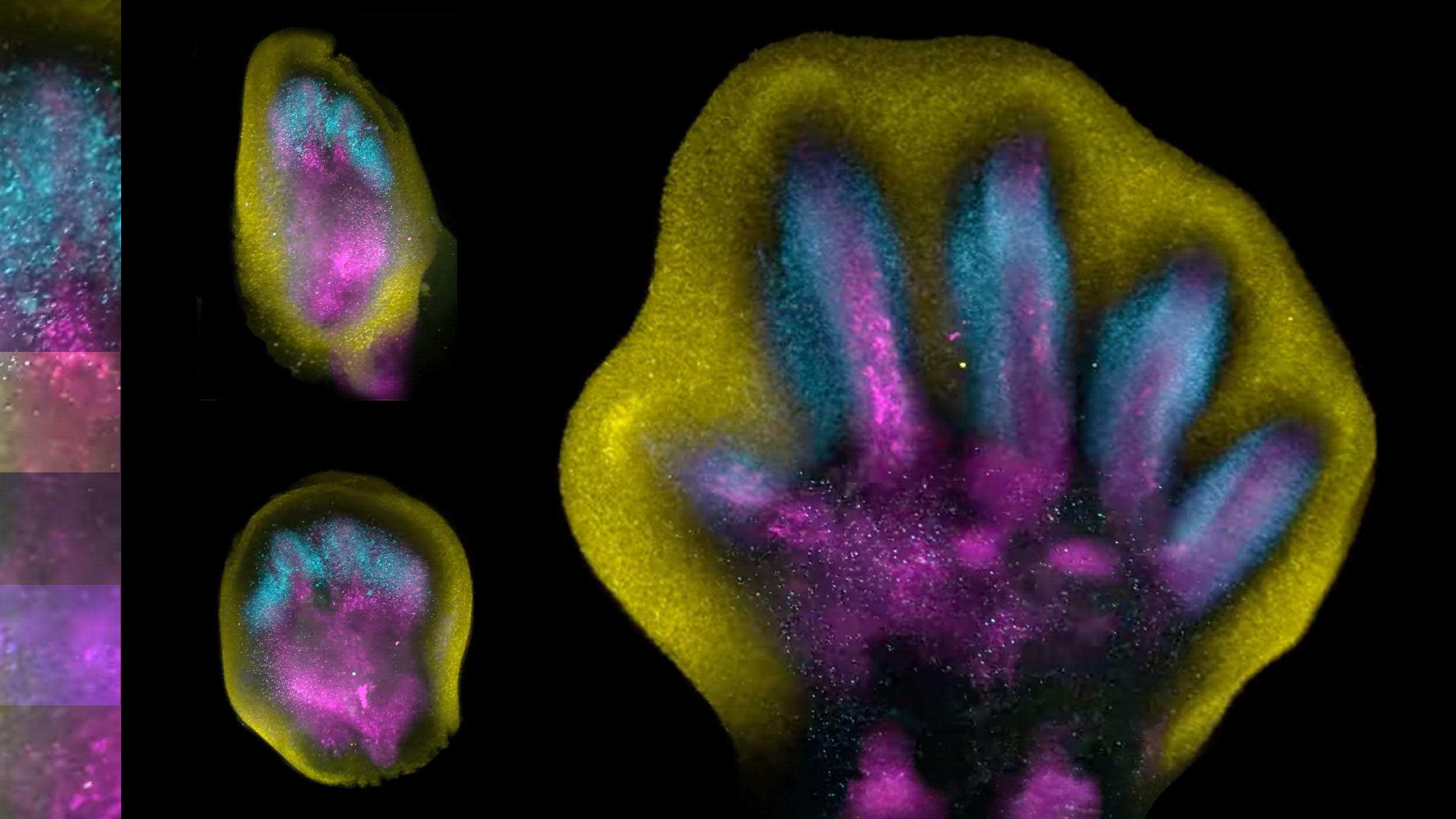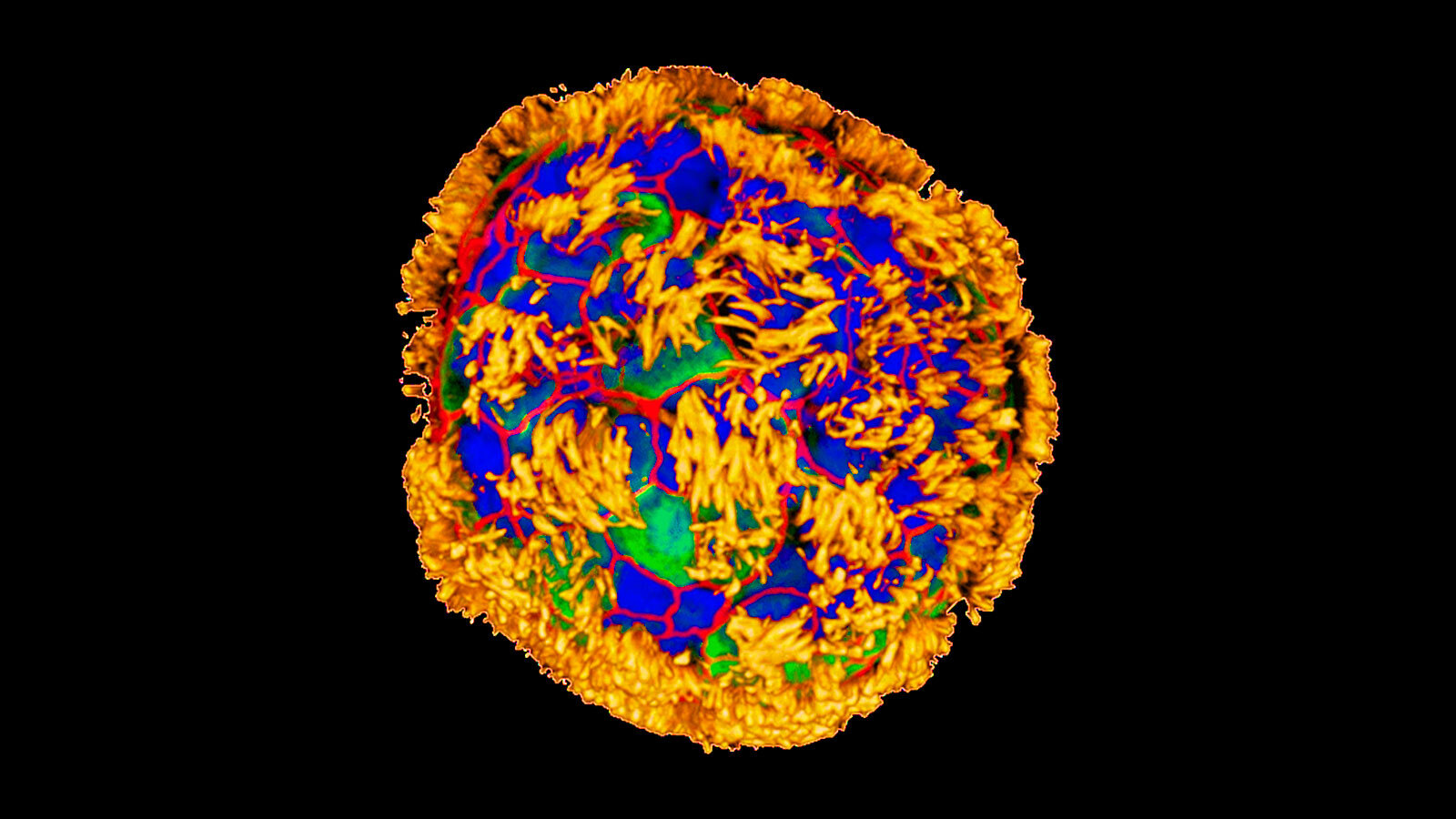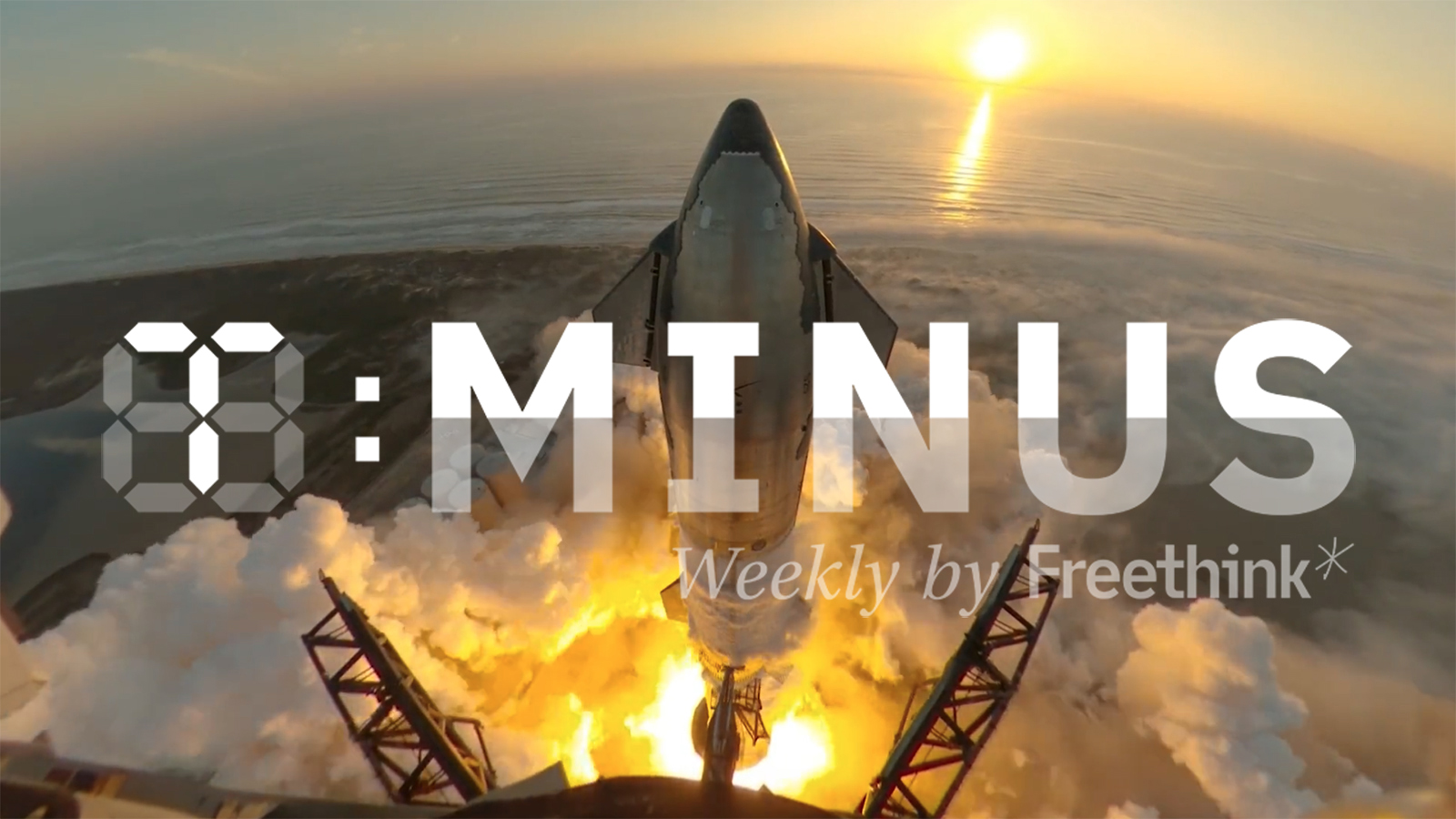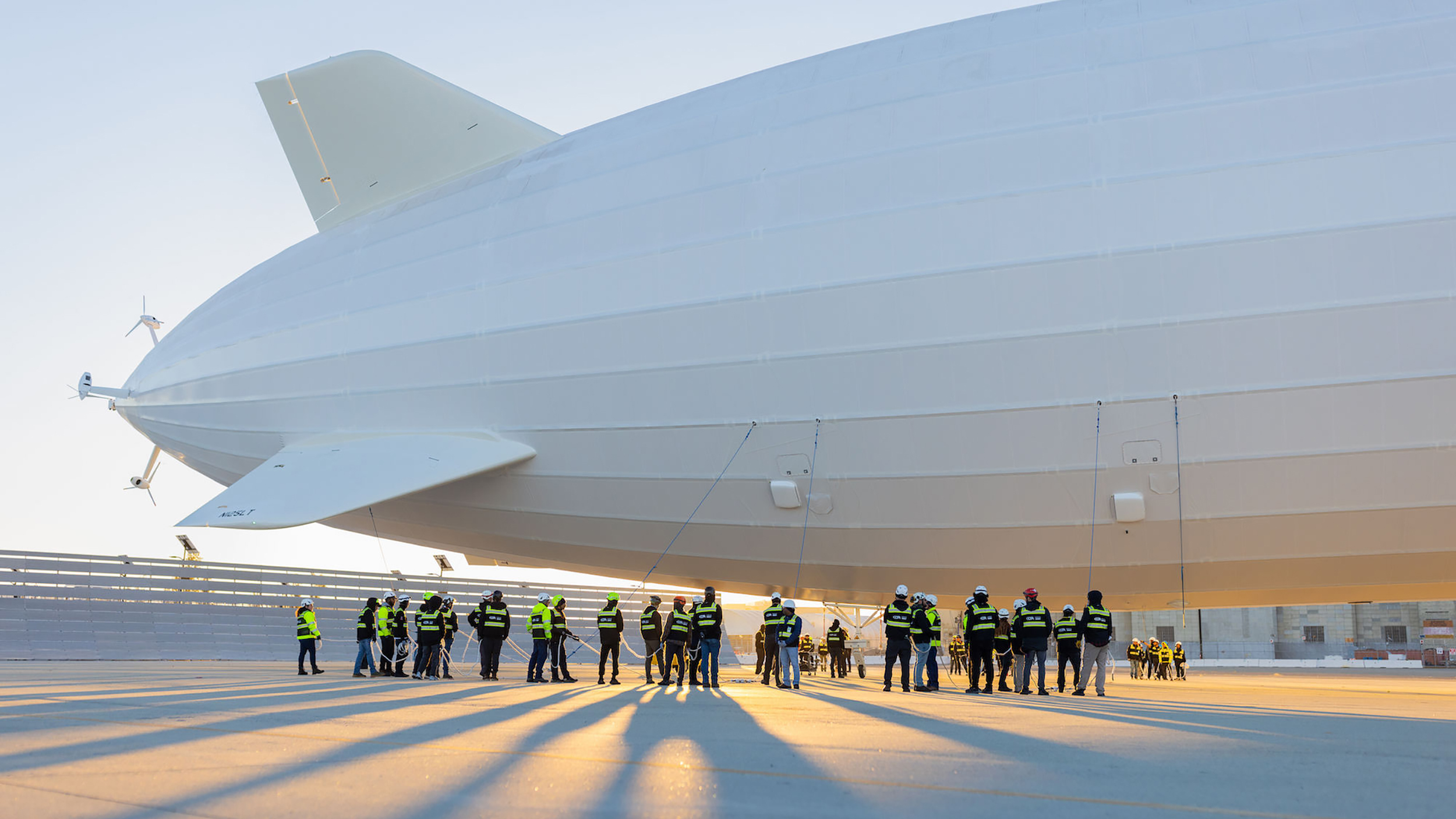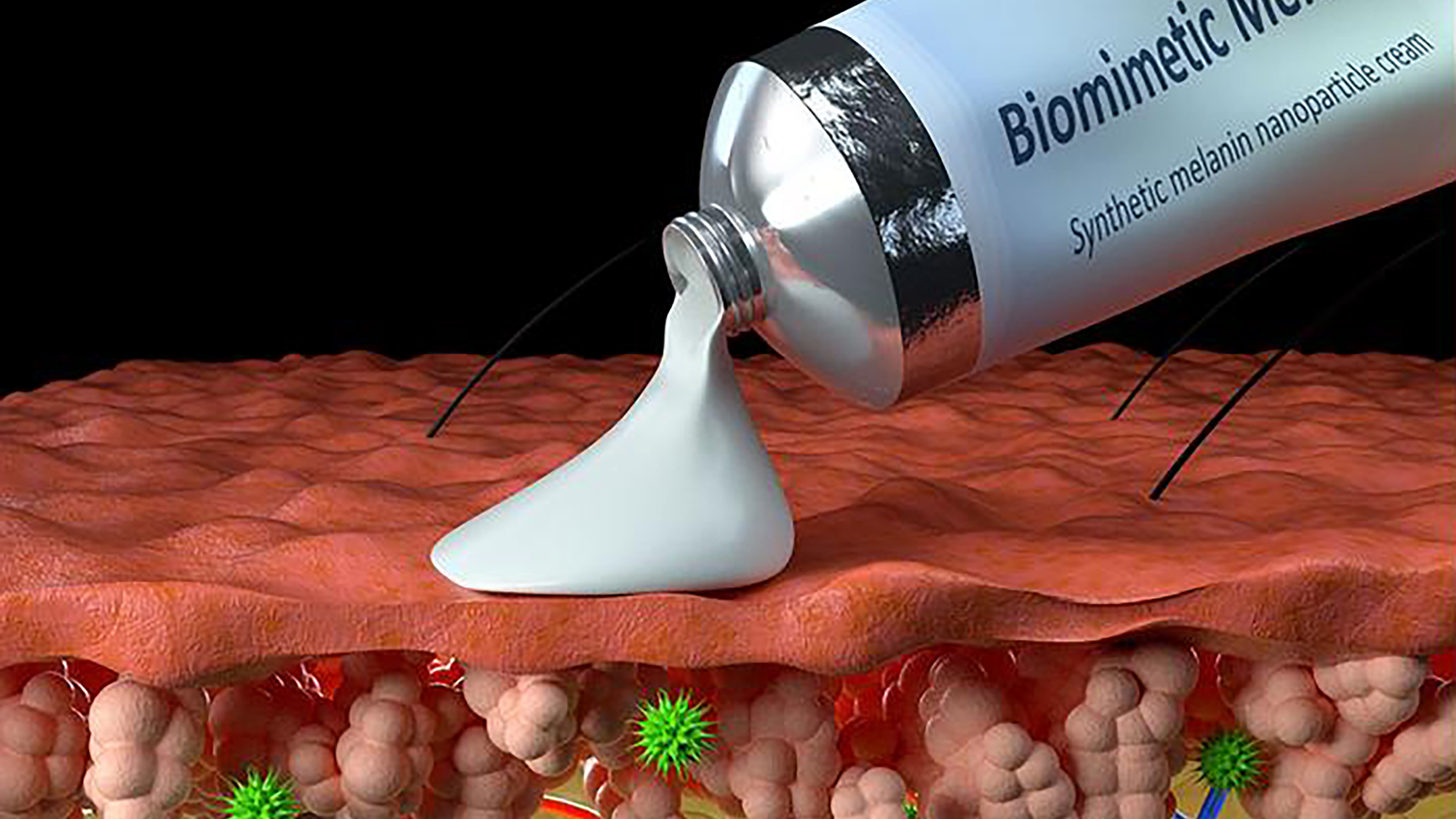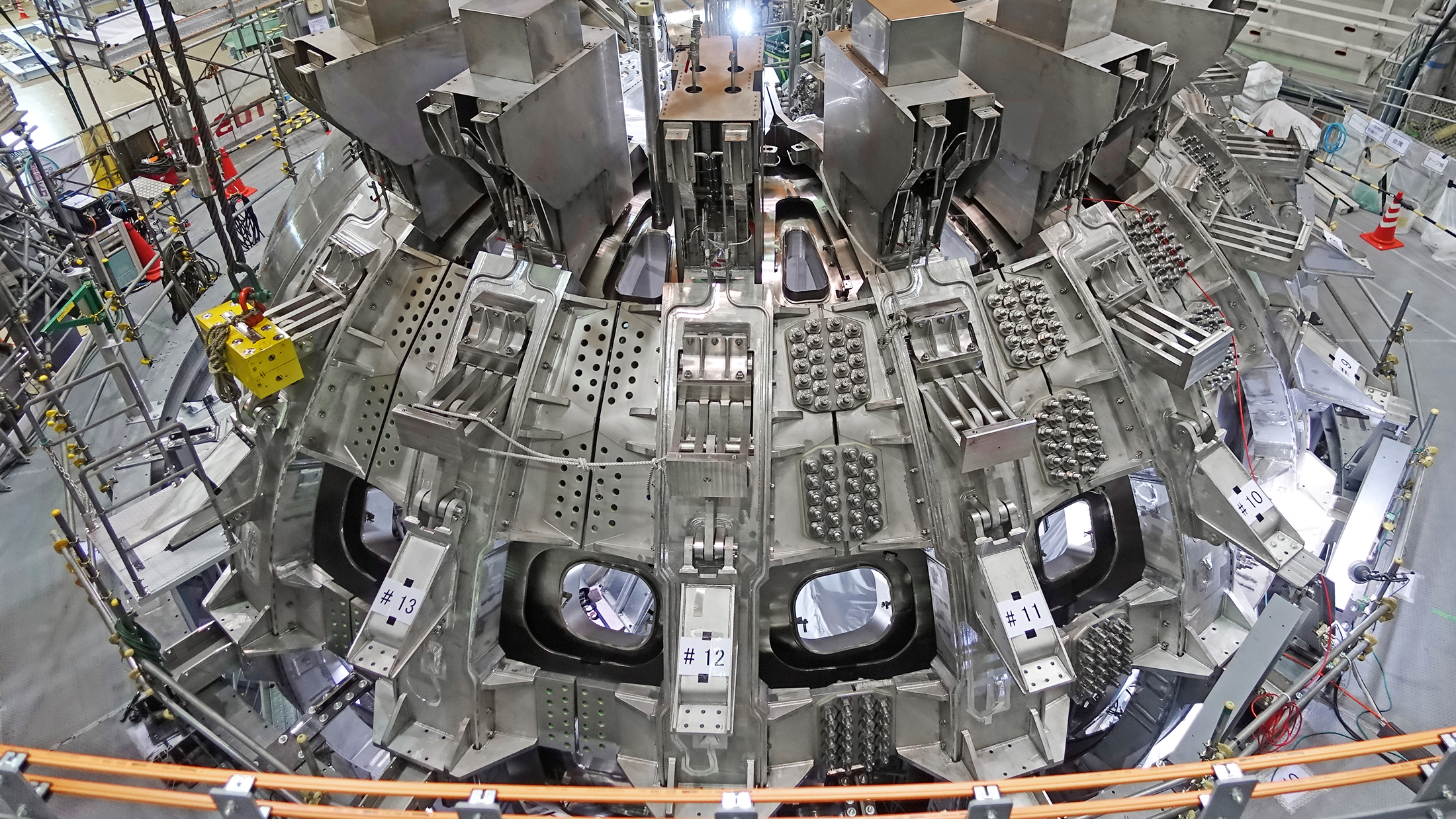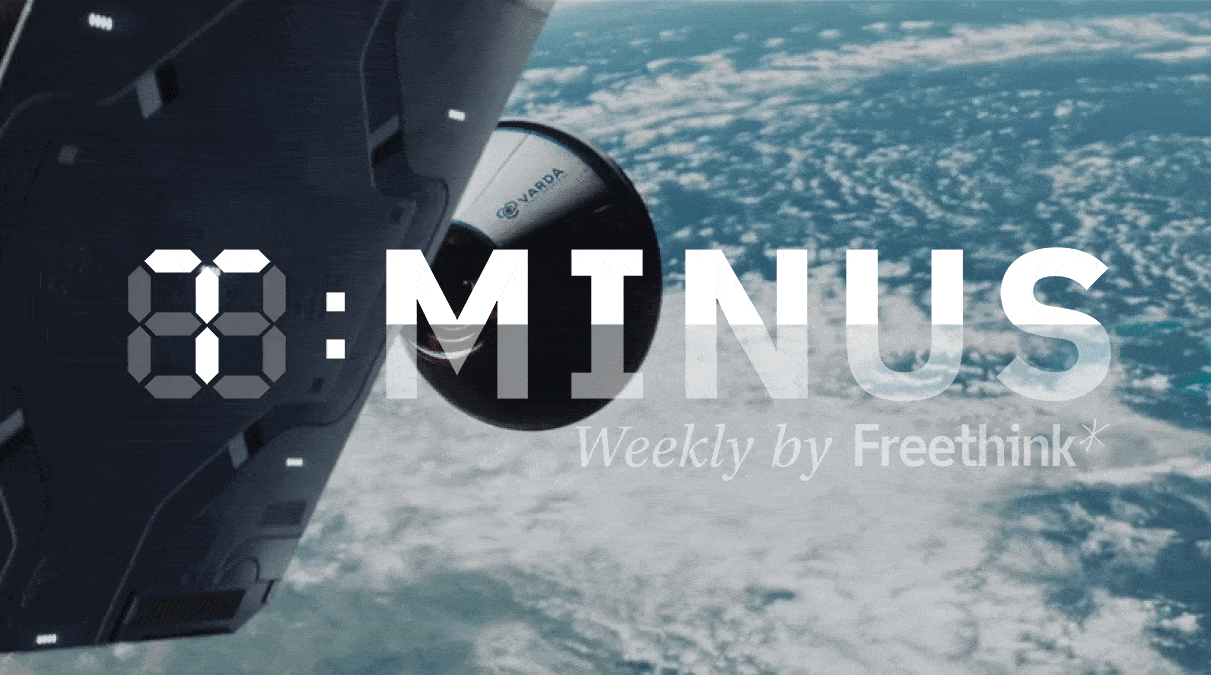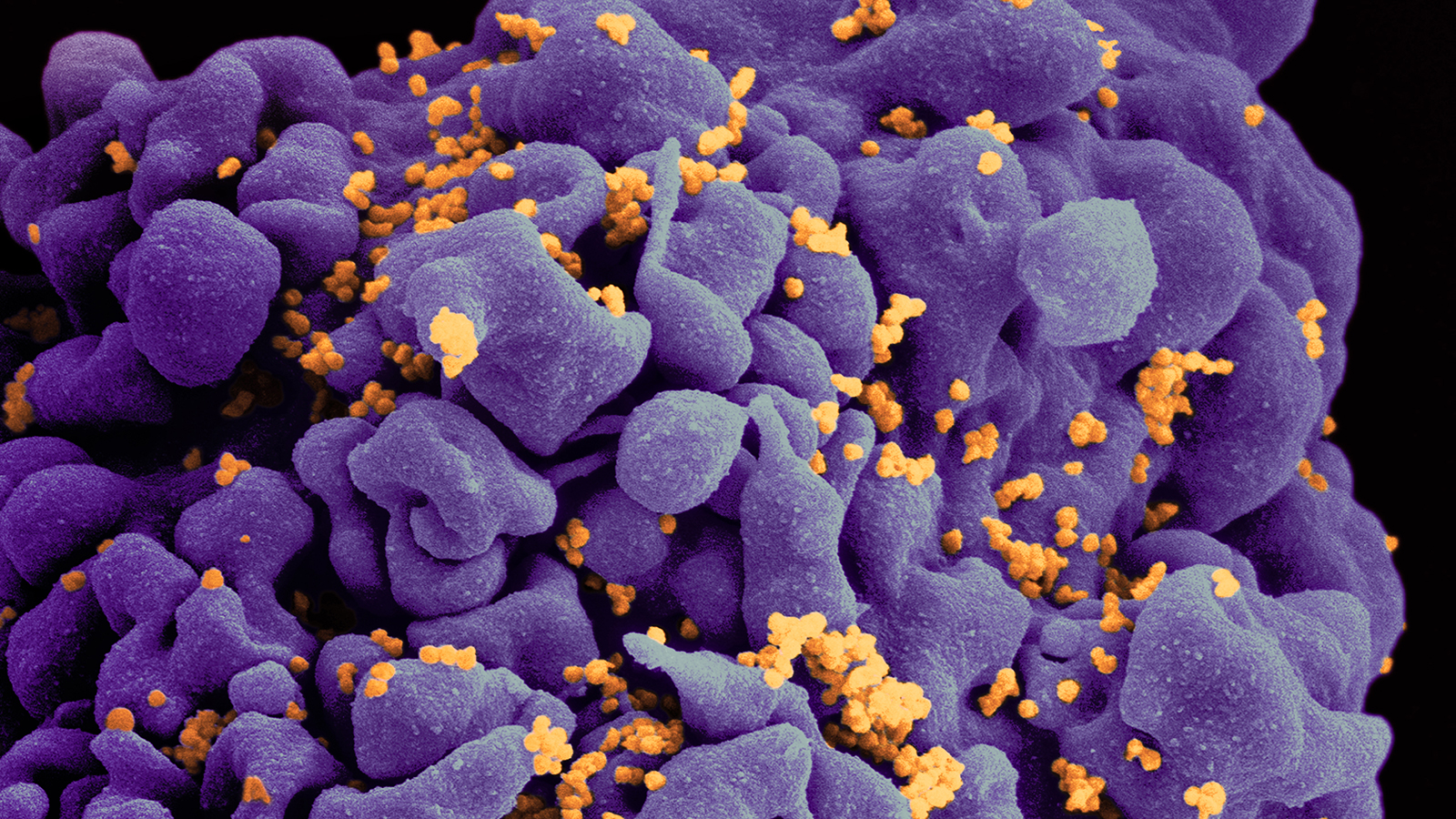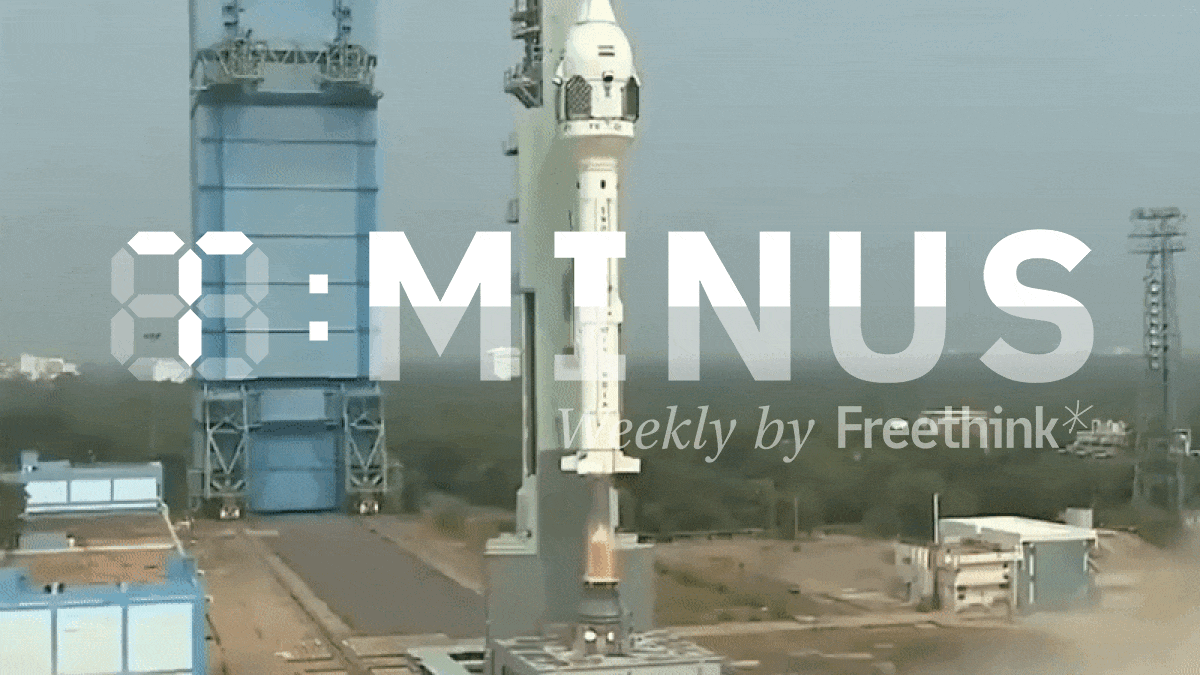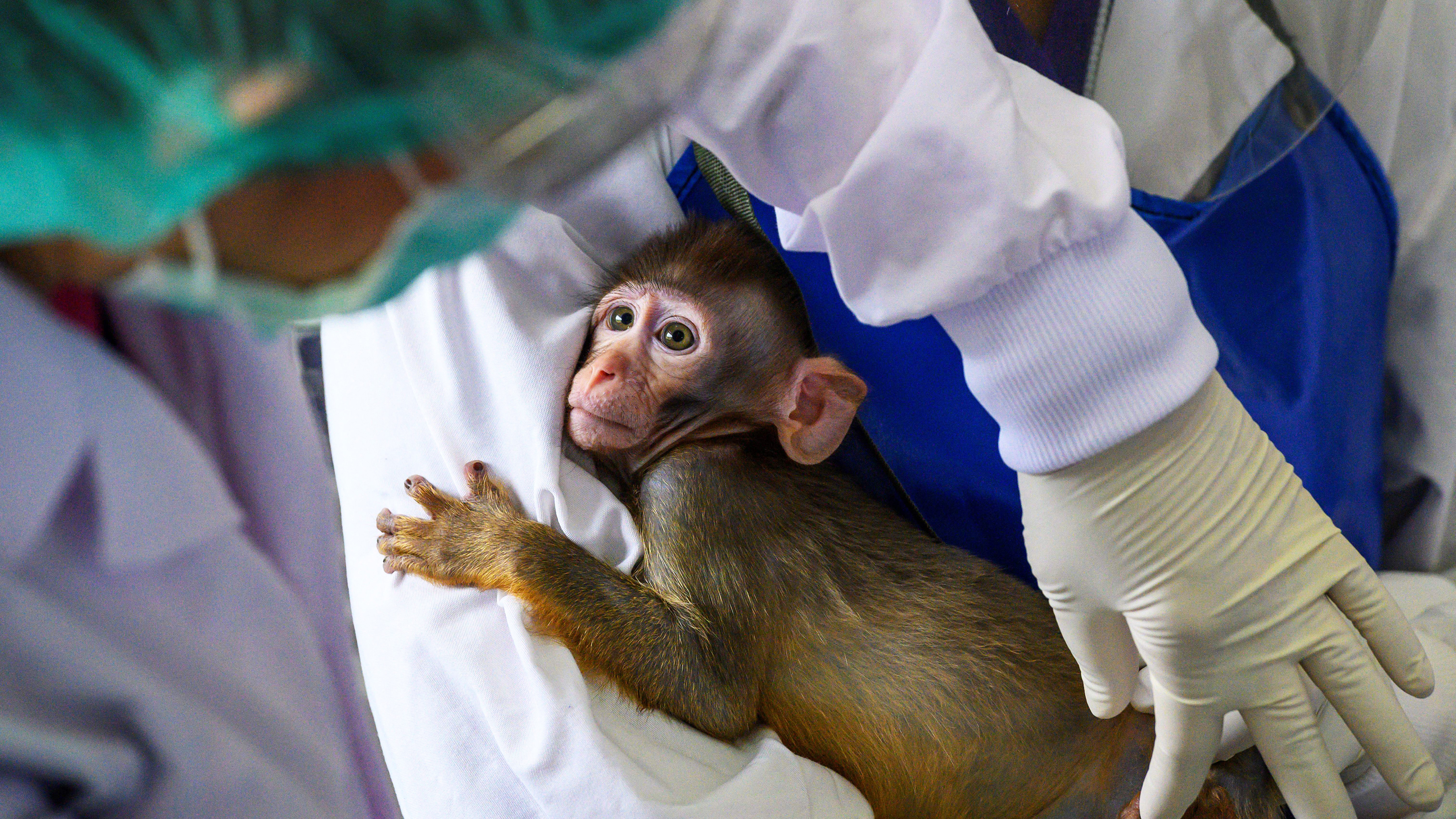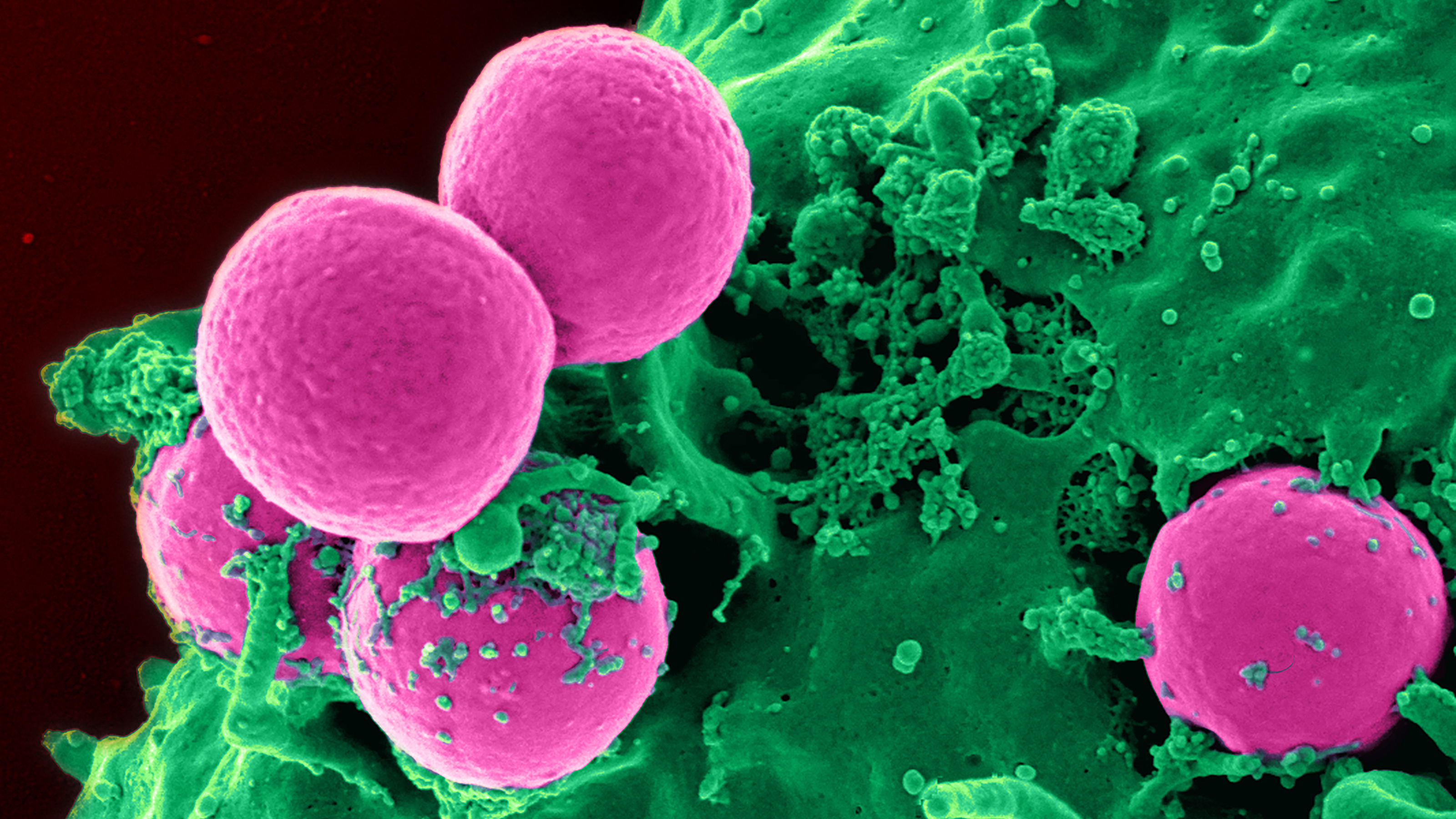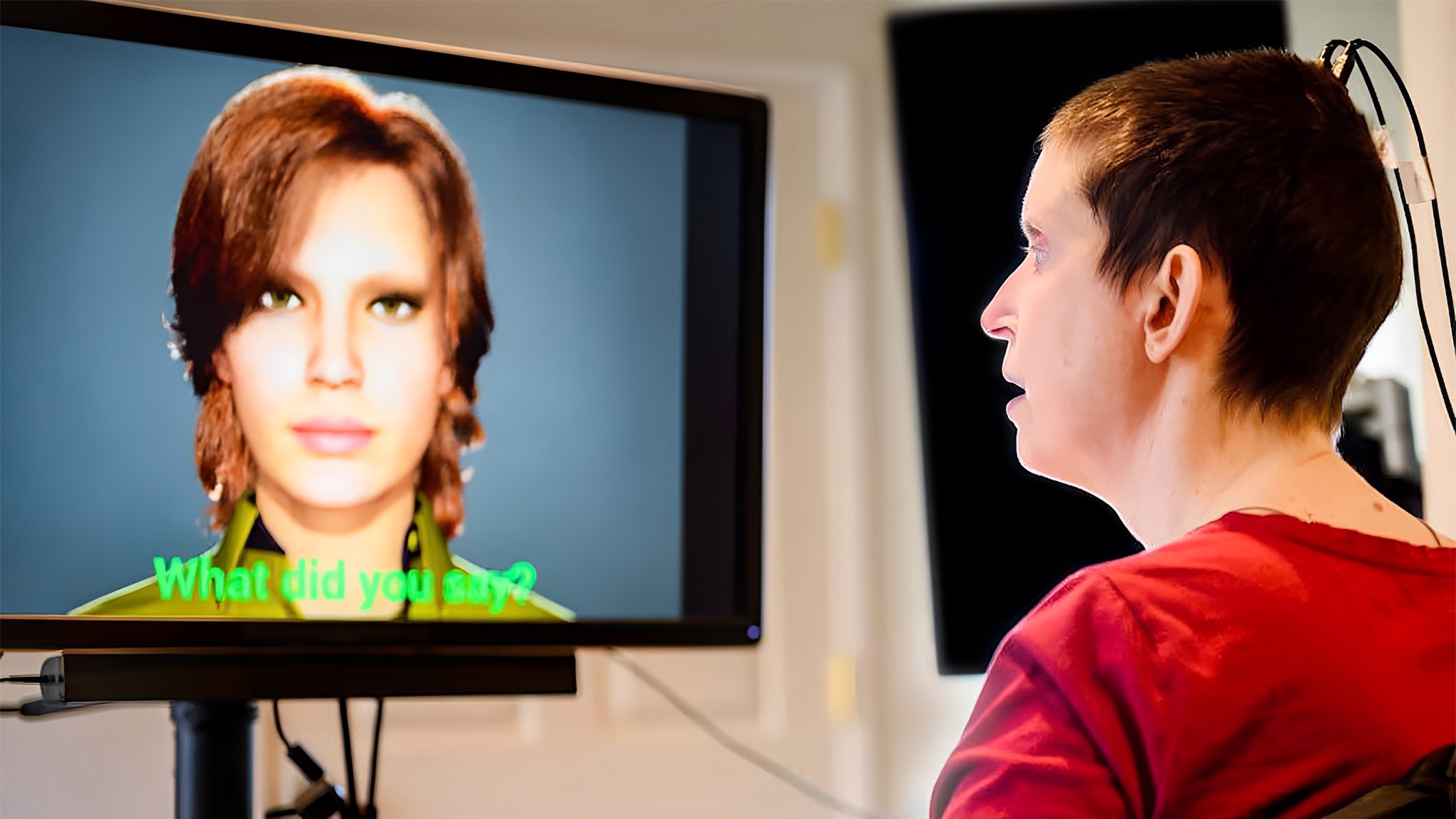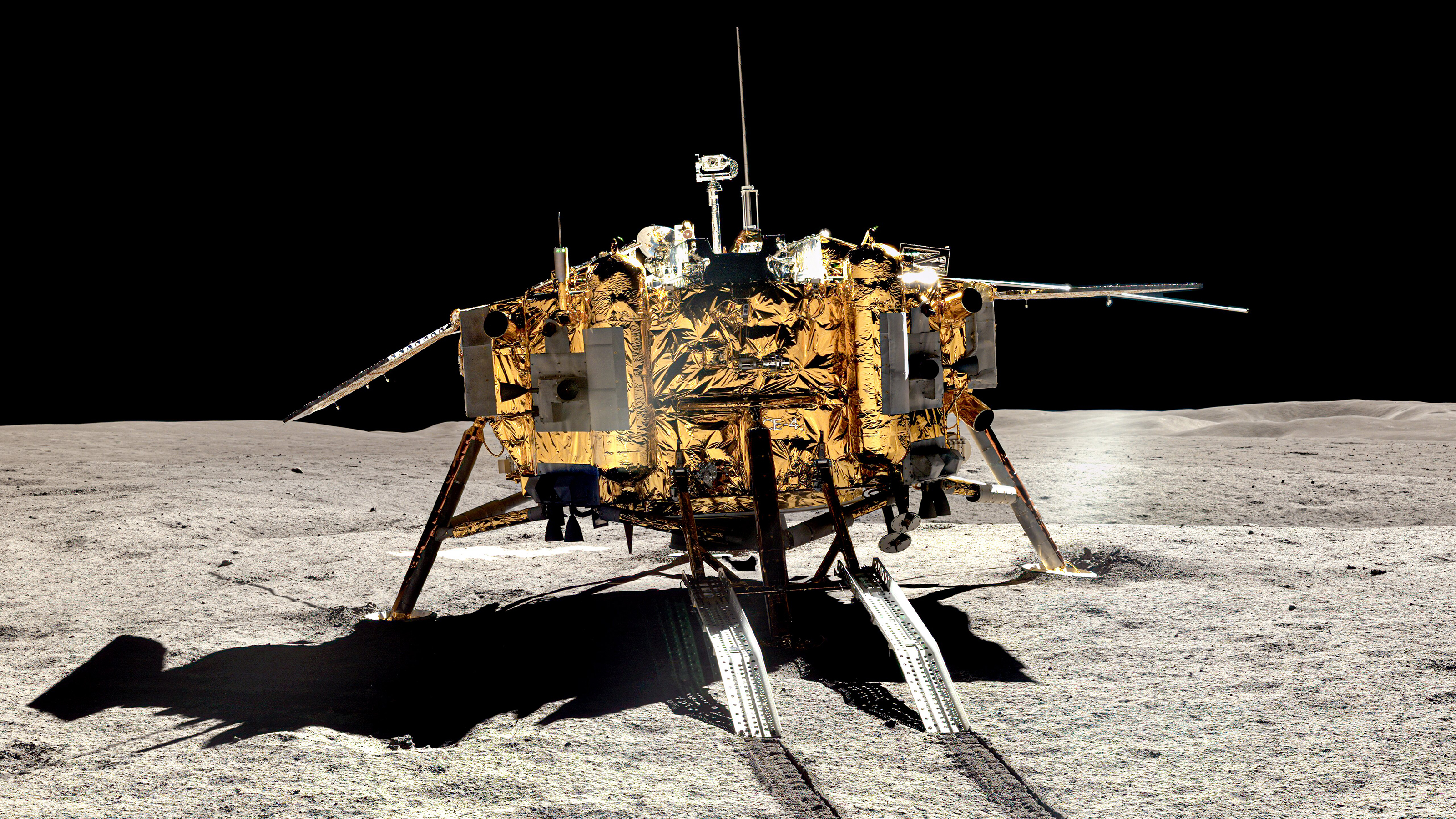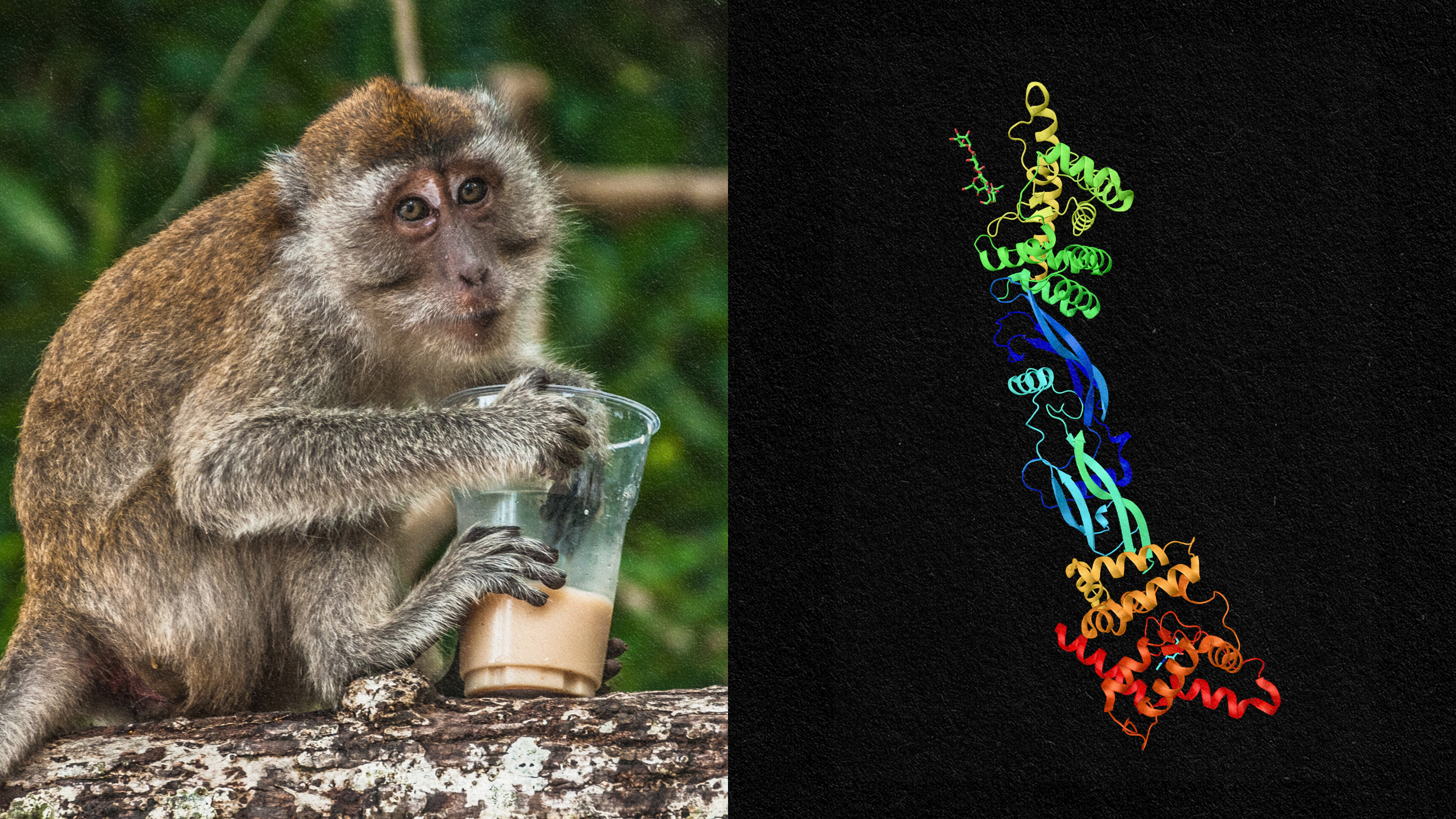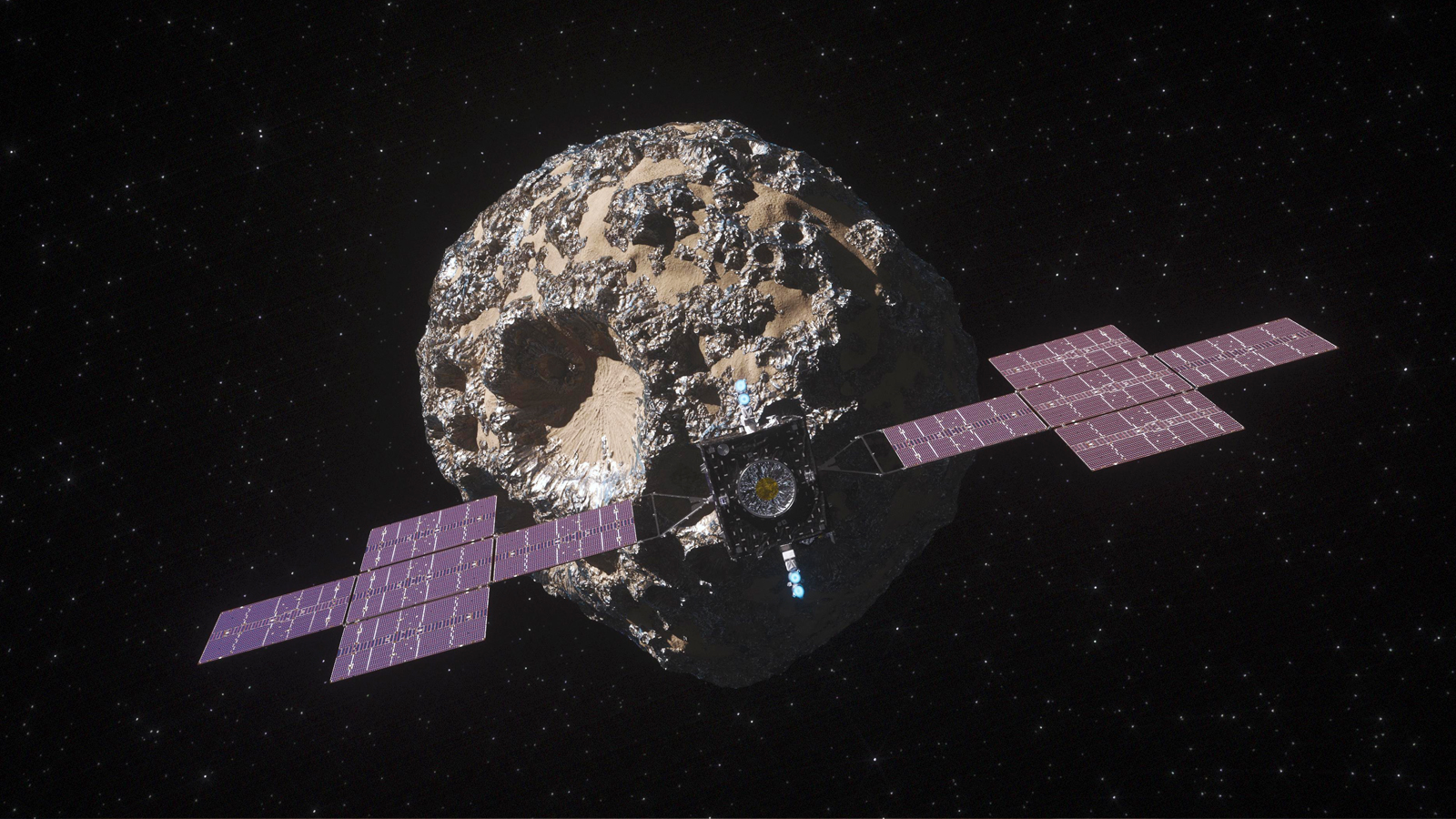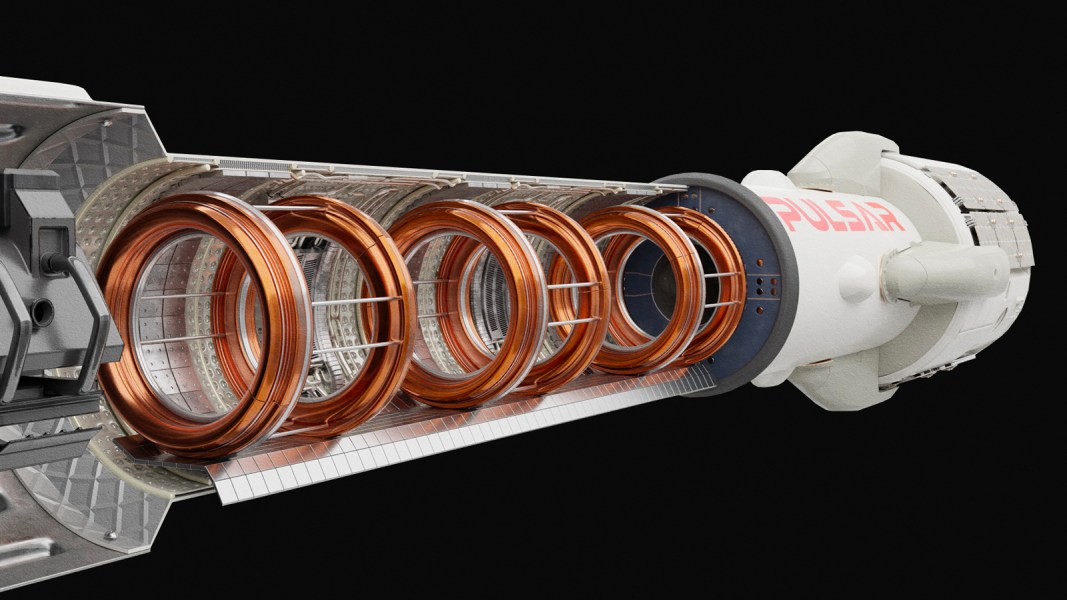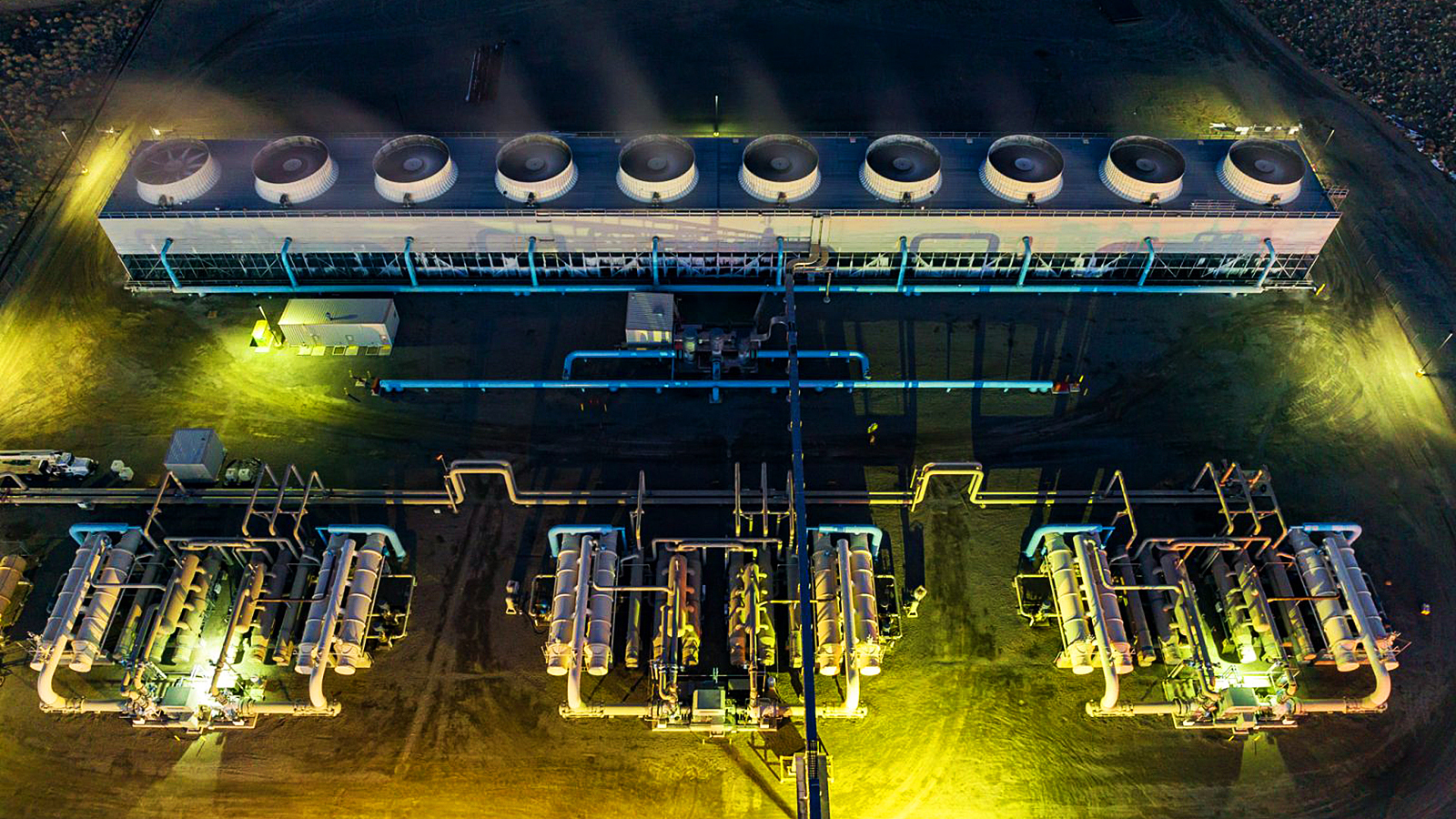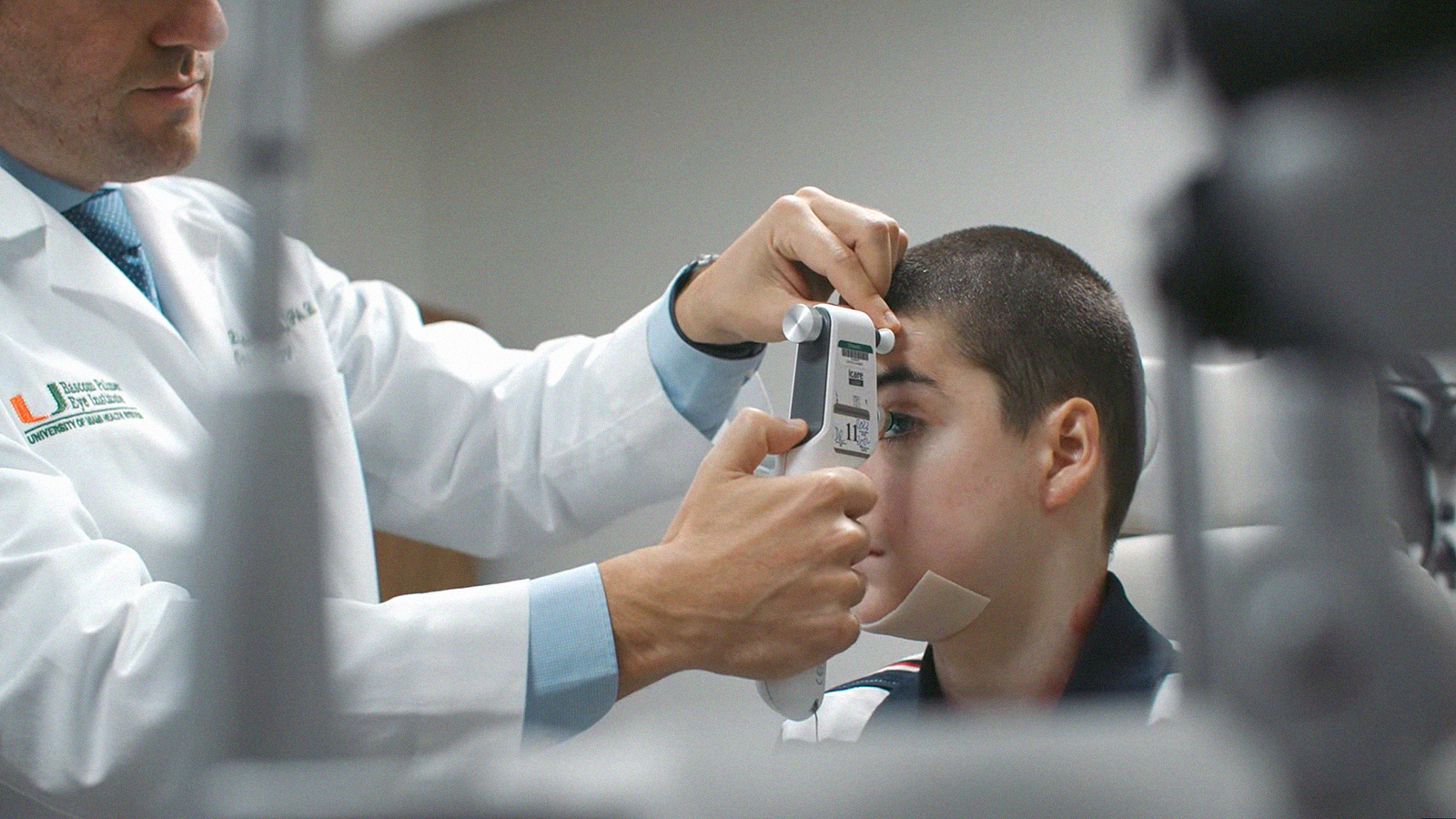Kristin Houser
Kristin Houser is the Managing Editor of Freethink. Her articles on science and technology have been featured in NBC News, RealClearDefense, and the World Economic Forum’s Agenda, among other publications, and Stephen Colbert once talked about a piece on “The Late Show,” to her delight.
Kristin is currently based in Pittsburgh, and prior to joining Freethink, she was a staff writer for Futurism, launched an LA-based music blog, and wrote several animated and live action web series.

It could perform a speech recognition task with 78% accuracy.
The first-of-its-kind map, which goes all the way down to the level of a single cell, could help prevent common birth defects.
The bots started as windpipe cells, yet they helped nerve cells repair and grow.
It has already been trialed in people and could give us a better way to analyze and stimulate the brain.
Freethink’s weekly countdown of the biggest space news, featuring Starship’s second test flight, a new “dark mysteries” telescope, and more.
There is currently no easy way to treat high Lp(a). A single shot could change that.
The first human trial of base editing delivered strong results along with some safety concerns.
Google co-founder Sergey Brin’s airship startup hits a major milestone.
A game that challenges pedestrians to avoid detection by an AI could help train tomorrow’s self-driving cars.
Analog could serve as “always-on” computing, while digital is turned on only when necessary.
It could prevent sun damage and help chemical burns heal faster.
A massive nuclear fusion experiment just hit a major milestone, potentially putting us a little closer to a future of limitless clean energy.
Freethink’s weekly countdown of the biggest space news, featuring a stranded space factory, Jeff Bezos’ new moon lander, and more.
EBT-101 is not the only candidate for an HIV cure. Stem cell transplants, medications, and other CRISPR therapies are being researched.
See the 3 biggest space stories from October 16-22, 2023.
The milestone puts us one step closer to ending the organ shortage.
It temporarily puts the immune system on high alert to prevent MRSA, pneumonia, and other infections in the hospital.
The potential benefits of returning the thylacine to Australia make the project worth the effort.
There are hints that it could lead to new treatments for Parkinson’s, Alzheimer’s, and other brain disorders.
CRISPR, stem cells, and even cancer drugs are helping shape an AIDS-free future.
The asteroid is expected to come within 140,000 miles of Earth — well inside the moon’s orbit.
The brain implant lets her talk four times faster than the previous record.
Today’s popular weight-loss drugs could soon be joined by brain stimulation and gene therapies.
By looking down, scientists are looking back in time.
“They decreased their drinking to the point that it was so low we didn’t record a blood-alcohol level.”
Whether you call it 10 quintillion, 10 million trillion, or 10 billion billion, it’s a 1 followed by 19 zeroes.
It could cut the time needed to reach Mars in half.
It could explain why so many people don’t respond to common antidepressants.
Ironically, the company did so using technology perfected by the oil industry.
The topical gene therapy could one day help millions regain their vision.
